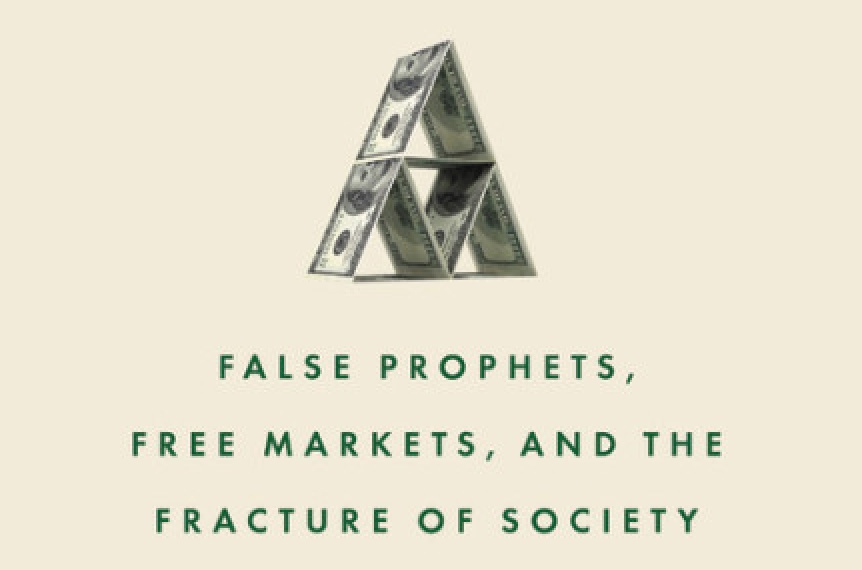In his new book, The Economist’s Hour: False Prophets, Free Markets, and the Fracture of Society, New York Times editorial writer, Binyamin Applebaum, tells the story of the rise of unfettered free market policies and the damage those policies caused in America over the last fifty years. Applebaum dubs that rise, roughly from 1969-2008, “the economist’s hour,” as economists gained the ears of politicians from both parties and enjoyed unprecedented influence.
Login to read more
Sign in or create a free account to access Subscriber-only content.
Topics:
